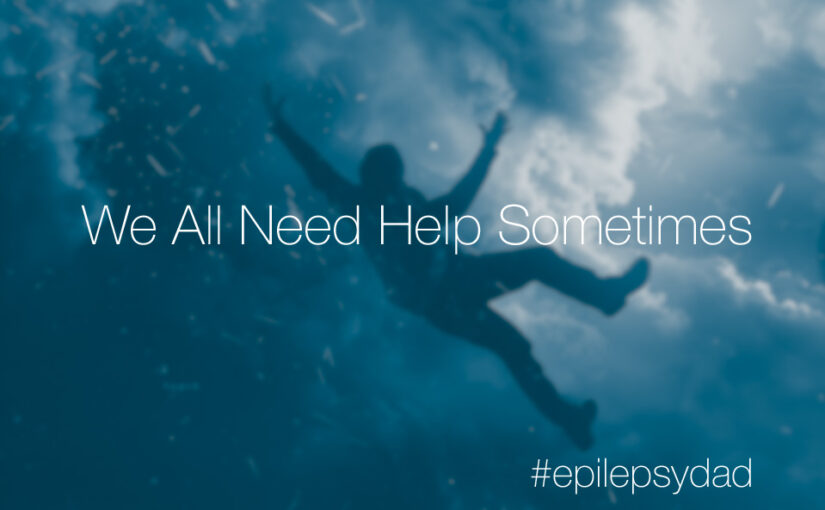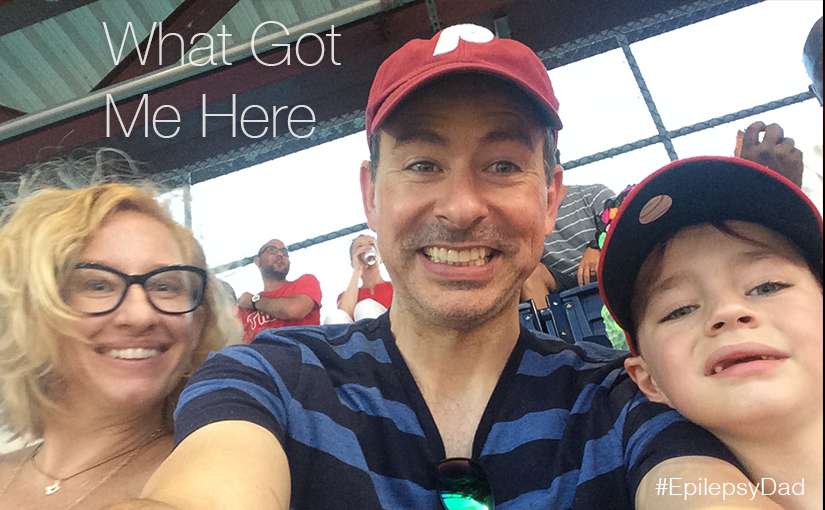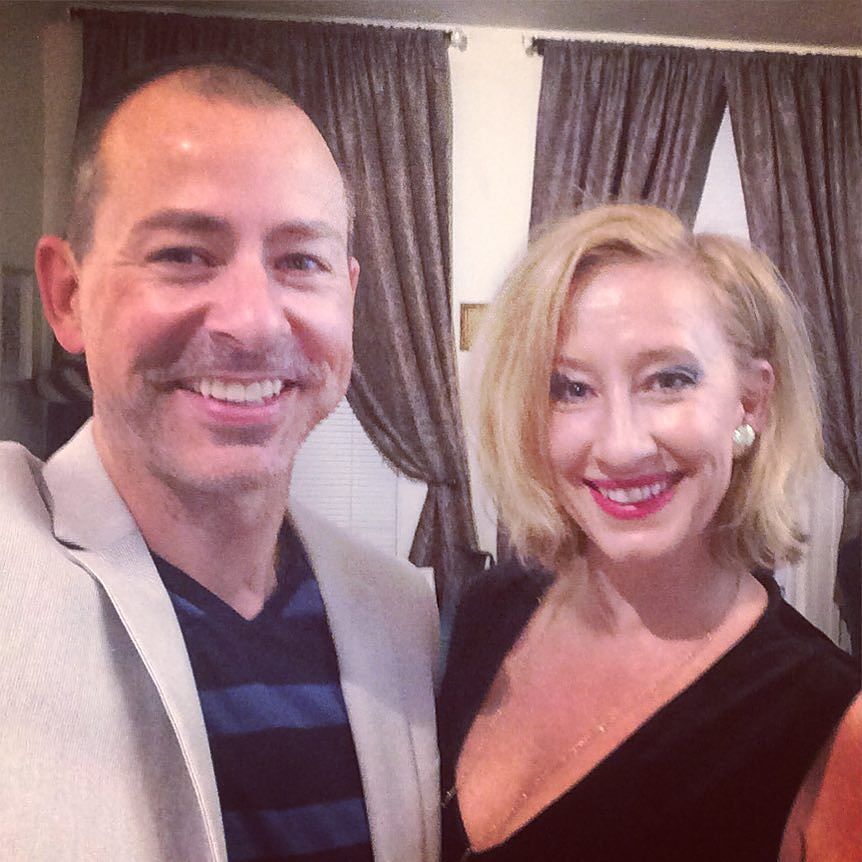Growing up with a busy, single mother and a rebellious, angry sister, I was used to not having help when I needed it, even when I asked for it. Eventually, I learned to internalize my struggle and figure out a solution. Externally, I looked like a clever, self-sufficient boy. Internally, I questioned whether I could depend on anyone for help or whether I was worthy of being helped at all.
That early programming stayed with me all my life and served me. The truth was that I was a clever boy, and I could figure things out. Those skills helped me navigate my childhood and transition to adulthood and a successful career. I was low-maintenance, a quick learner, hard-working, and productive.
That’s not to say that I never had help. Throughout my life, I’ve had many good teachers, bosses, and friends who were generous with their guidance and assistance. But I rarely asked for it, and when it was freely given, it often made me feel uncomfortable and that there was something wrong with me because I couldn’t do it by myself. Receiving help made me feel ashamed. That shame motivated me to need less help in the future. That made me a better employee and resulted in more opportunities. I had it all figured out.
In the words of Marshall Goldsmith, ‘What got you here won’t get you there.”
In hindsight, the pseudo-reward cycle between shame and progress is neither healthy nor sustainable. No one can do everything and solve every problem, and that’s not a sign of weakness—it’s reality.
Nowhere was that more evident than when our son was first diagnosed with epilepsy. And I don’t mean medically. I could not have done what the doctors, nurses, therapists, and support staff did to keep our son alive and put him back together during the first few years.
There were other areas where I needed help, but rather than ask for it, I, again, internalized those needs. I needed to be strong and carry on. I could take care of my fears on my own. I could deal with the stress those years put on my marriage and still focus on my career. The more I realized I wasn’t doing any of those things, the more shame I felt and the more I turned inwards.
That cycle didn’t only affect me; internalizing it also distanced me from my family, especially from my wife. Not only was she dealing with everything I was, but she bore the brunt of the load and was the target of our son’s outbursts and anger. She also saw what was happening to me and was unable to help because I couldn’t let her.
That led to many hard years. When I finally sought help, it was almost too late. A family can only take so much before it crumbles.
That help came through therapy. That help came from an incredible wife and partner. That help is why our son and family are where we are today. It showed me that asking for help is not a weakness, that I am worthy of being helped, and that there are people who I can depend on for help.
It also helped me realize that people want to help. Being vulnerable and asking for and accepting help brings people closer. I’ve seen that in my relationship with my wife and hope to instill that behavior in our son. He’s going to need help as he navigates his life and I want him to know that asking for it is okay, that there are people who he can depend on to help, and that he is worthy of being helped.
Like every change, it’s a journey. I still have a lot of programming to unravel. I’m better at asking for and accepting help at home than in other environments, like work. But it feels like I am on the right path.



